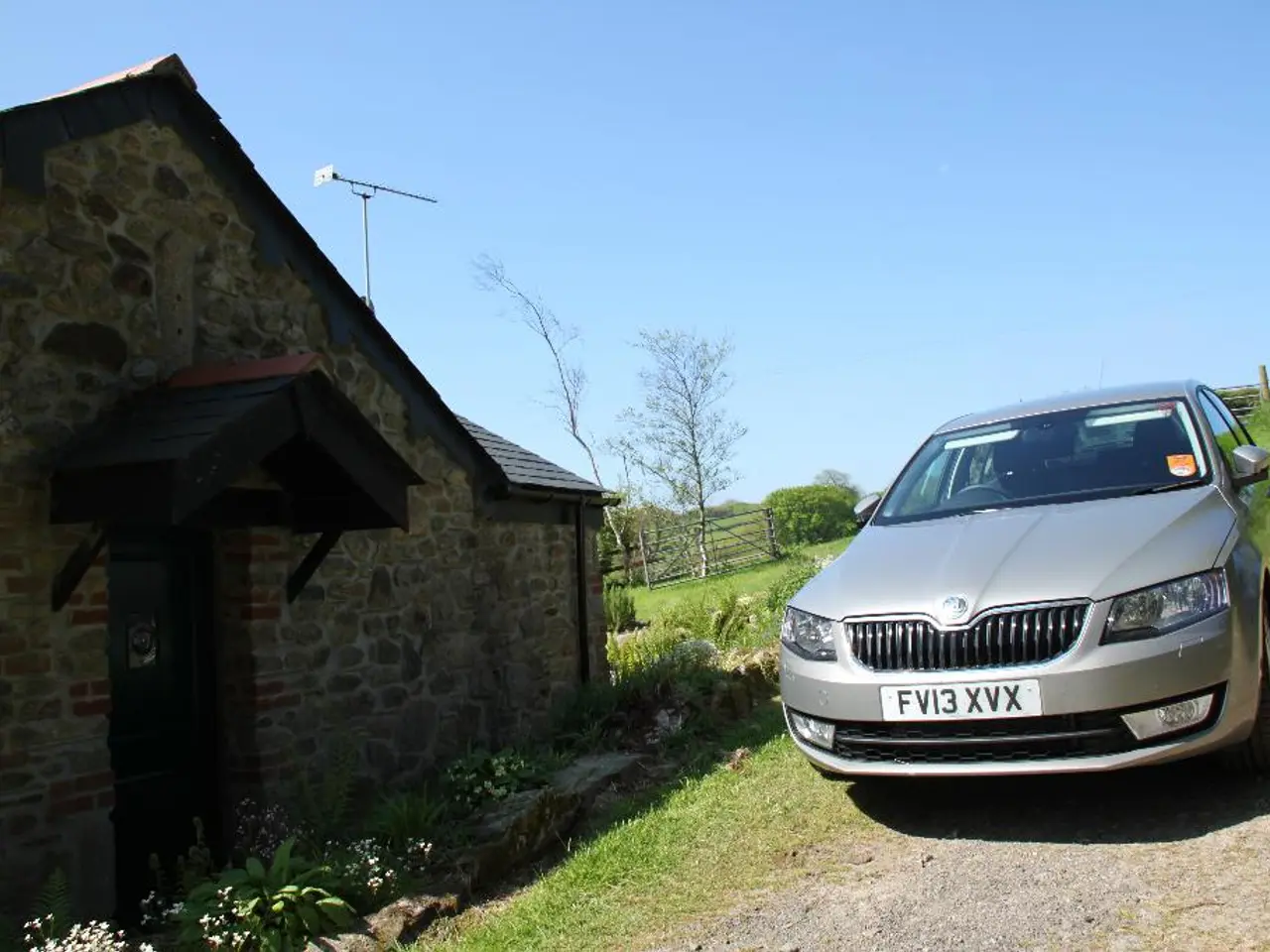Citizen Thekla Walker, Minister, urges: "Let's face our responsibilities at home"
In Baden-Württemberg, the Environment Minister, Thekla Walker, has expressed initial satisfaction with the coalition agreement regarding the energy transition. The state, known for its commitment to environmental and nature conservation, is aiming to be climate-neutral five years before the federal government and ten years before the EU. However, there is a risk of missing the 2030 targets.
The energy transition in Baden-Württemberg faces several challenges, primarily in wind power expansion. These challenges include social acceptance, limited land allocation for wind turbines, bureaucratic hurdles, and the need for grid and storage capacity expansion. Environmental concerns, such as effects on landscape aesthetics, noise emissions, and wildlife, also contribute to local resistance to new wind projects.
To address these challenges, proposed solutions include accelerating renewable energy expansion through clearer legal frameworks and refined electricity market structures. Repowering older wind turbines with modern, larger multi-megawatt machines and expanding grid infrastructure and increasing storage options are also key strategies. Innovative battery marketing and flexibility solutions, designed to optimize profitability and reduce negative electricity price effects, are also being considered.
Capital investments by regional energy companies, like EnBW, aim to scale renewable capacity and reinforce grid infrastructure, despite short-term financial volatility. The goal is to achieve 75-80% renewables by 2030.
The coalition is in favour of building gas power plants, but these should be switched to hydrogen at a certain point in time to ensure a climate-neutral energy system. There was a perceived stagnation in the energy transition due to a lack of government, but the coalition agreement has settled the question of nuclear power.
The goals of the energy transition, including its financing and necessary investments, will be closely monitored. The state government will provide municipalities with more money in climate protection programs, with a funding volume of around 36 million euros for 2025 and around 46 million euros for 2026.
However, there are concerns about the review of the reference yield model for wind power expansion, as it causes uncertainty for investors. Thekla Walker, Environment Minister, expects federal funding programs to remain stable and reliable for heat network investments.
The union and SPD are committed to the power grid area in the coalition agreement. A Staatsanzeiger subscription is required to subscribe to topics and save articles.
Thekla Walker, who is a directly elected member of the state parliament for the constituency of Böblingen and was co-chair of the state association of the Greens in Baden-Württemberg from 2011 to 2016, believes in pushing ahead with climate protection for the state's economy, supply security, and affordability.
Robert Habeck has worked out a concept for an industrial electricity price, and a reduction in network charges and a lower electricity price are discussed in the agreement. The energy transition in Baden-Württemberg is facing a bottleneck due to supply chain issues and a shortage of skilled workers, causing a 28-month gap between approval and commissioning for both industry and network expansion. The Climate Advisory Council is calling on the state government to step up its climate protection measures, but there is still no agreement within the coalition. The coalition supports the use of certified projects in non-European partner countries to achieve an economically viable reduction in residual emissions.
References: [1] Baden-Württemberg Staatskanzlei (2021). Windenergie in Baden-Württemberg. Retrieved from www.baden-wuerttemberg.de/windenergie [2] Umweltbundesamt (2021). Windenergieanlagen und ihre Umweltwirkungen. Retrieved from www.umweltbundesamt.de/themen/energie/windenergie [3] EnBW (2021). Windenergie in Baden-Württemberg. Retrieved from www.enbw.com/windenergie [4] Baden-Württemberg Staatskanzlei (2021). Strom- und Netzausbau. Retrieved from www.baden-wuerttemberg.de/strom-und-netzausbau
- Thekla Walker, the Environment Minister of Baden-Württemberg, is optimistic about the coalition agreement's initial stance on the energy transition, as the state aims to become climate-neutral early.
- The energy transition in Baden-Württemberg is confronted with various challenges, including social acceptance, wind power expansion, and climate-change concerns.
- To tackle these challenges, the coalition has proposed solving them by implementing clearer legal frameworks, refining electricity market structures, and expanding renewable energy.
- Financing the energy transition's goals, including necessary investments, will be under close scrutiny by the state government, which plans to provide additional funds to municipalities for climate protection programs.
- The coalition agreement has addressed certain issues, like nuclear power, gas power plants, and industrial electricity pricing, yet there is still debate on climate protection measures as well as supply chain issues and skilled labor shortages.




